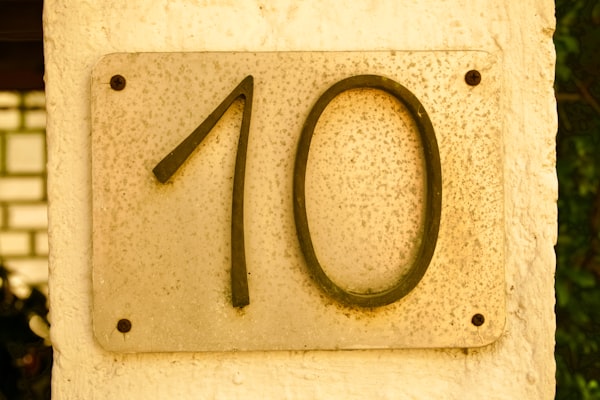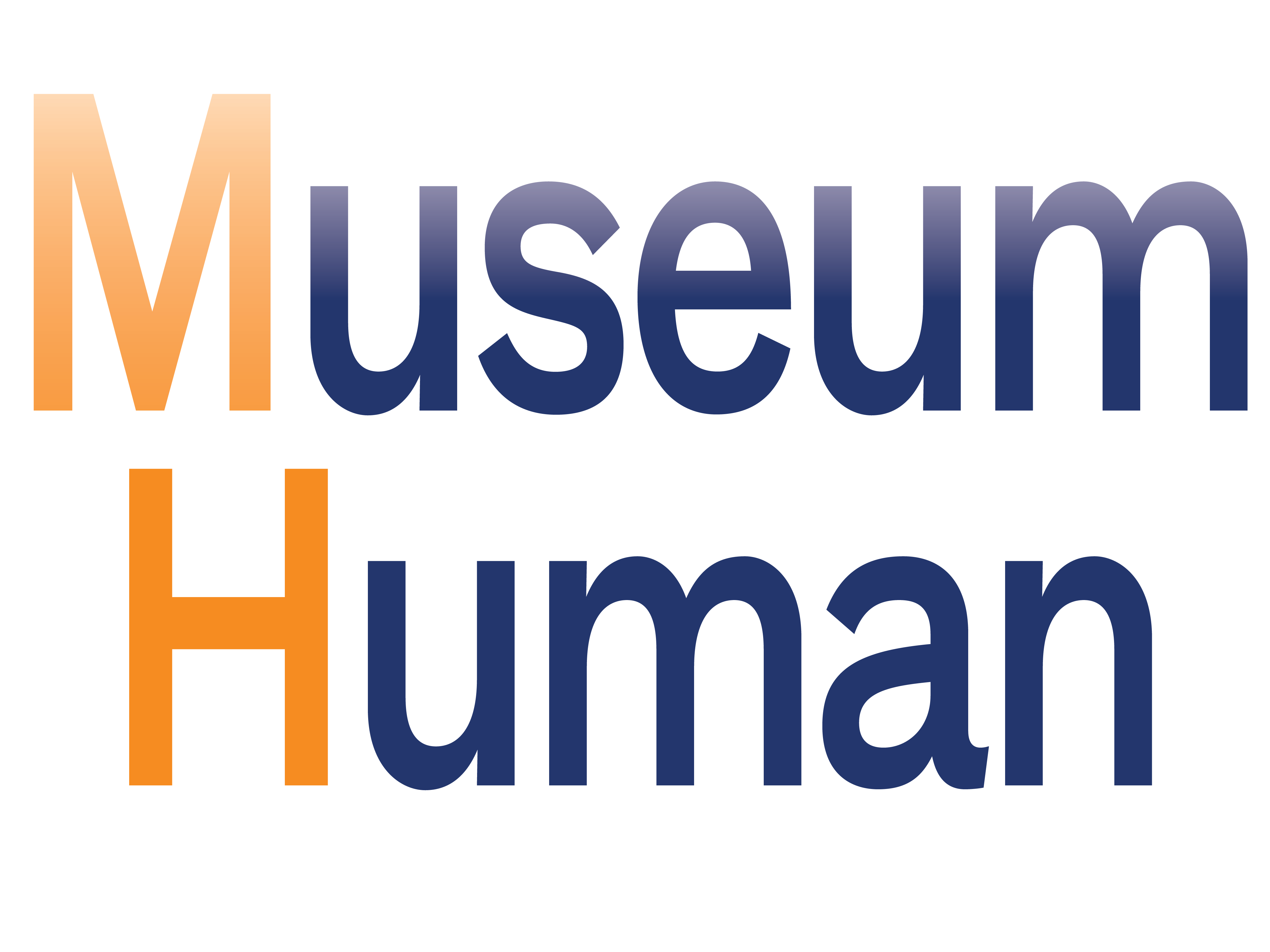
Some things don't change when the calendar flips, like unsustainable workloads.
If you're reading this and not a subscriber to Museum Human, consider scrolling to the bottom and signing up now—it's free and is the only way to read the site's longer weekly post on the organizational culture of cultural organizations and also get an opportunity to join a new museum-sector sangha aimed at worker liberation later this winter.
- We start the year with this piece from McKinsey focusing on employee experience—though it emphasizes customers and priorities, not the power dynamics that lead to overwork. Workers are supposed to have control over their destinies—as long as these align with leadership, leaving flows of power unchanged, or so the conventional organizational wisdom goes.
- Isn't agency and autonomy (read my post about this duo here) more than just what organization you're working in, and whether you're remote or not? This Harvard Business Review interview with the head of design firm IDEO also brings up how we learn through the “disequilibrium” that occurs when we question our mental models. (Read posts about being wrong in museums here and our sector-wide obsession with smarts here.) Can the pandemic and hybrid/remote work press this organizational change—or has the Omicron surge blitzed questions like this out of people's minds as they struggle for survival (or to get back to normal)?
- The waves never end, writes Umair Haque, noting that the US elites bungled it again. What if this crisis will never be over? And are elites—and this doesn't just mean politicians—now only interested in following public emotion as if they're in perpetual fear of being canceled or declared irrelevant?
- Here's an interview from McKinsey with author Jennifer Moss on burnout. I like this part: "I keep seeing companies make big declarations like, 'We gave a week off to our burned-out employees.' There’s so much irony to that. You’ve burned them out, so you’re giving them a week off, but have you [alleviated the] workload so when they go back they’re not dealing with the debt they’ve created?" Indeed.
- In the same vein, companies are "forcing" workers to take vacations, writes the NYT, but what about the workloads making this step necessary? It's worth checking out how the Cincinnati Art Museum closed for 10 days to give staff a wellness break.
- Elizabeth Merrit, who leads the Center for the Future of Museums blog at the American Alliance of Museums, has this post on burnout in the museum field with a lot of useful links, noting this: "Employers are responsible for creating conditions that help prevent burnout and providing access to resources that can help with recovery; individuals for identifying the nature of their own particular burnout and choosing solutions that will work best for them. Effective recovery, they conclude, starts with the person suffering from burnout identifying the cause and nature of their own experience." She follows with some steps organizations and individuals can take to address the root causes of burnout. They're all fairly obvious if you've been reading both Merritt and Museum Human (try here and here), and "giving individuals control over their work" is high on the list. It's also worth reading Leadership Matters on wellness in organizations, though we have to be careful when emphasizing "leader-modeled" wellness, which can be out of touch with the issues facing and options available to most museum workers.
- HBR had this useful article on what “incumbents” (meaning well-established organizations) already do well—worthwhile reading for people in a legacy field. It's an interesting take on "playing to one's strengths" to lead change and transformation.
- Org culture guru Stowe Boyd's last Work Futures newsletter of 2021 started with a link to and useful commentary about how workplaces undermine worker creativity.
- The firm started by late architect Zaha Hadid has switched to employee ownership, though the story is more complicated than a simple "yay for workers." (It's not entirely clear if this just relates to profit-sharing or governance.) But it's still worth considering whether museums could ever be "employee-owned." (I wrote about alternative museum models here.)
- Finally, here's Umair Haque again on the lack of leadership about Covid, which I'll pair here with Jessica Wildfire on working until you die, even while sick—and yet when people acknowledge that we're in a dire situation (let's put some perspective on the "milder Omicron narrative," please) they're accused of doomscrolling, catastrophizing, and hating freedom.
Thanks, and I hope you find the links useful!
If you're reading this and not a subscriber to Museum Human, consider signing up for a free subscription below—it's the only way to read the site's longer weekly post on the organizational culture of cultural organizations and learn about new museum-field experiments in community and conferencing later this year. Thank you for reading!
Cover image by Timo Müller / Unsplash [description: a yellow plaque with a red number 10 against a yellow surface]

Links of the Week: January 10, 2020: Powers of Ten by Robert J Weisberg is licensed under a Creative Commons Attribution-NonCommercial-ShareAlike 4.0 International License.






